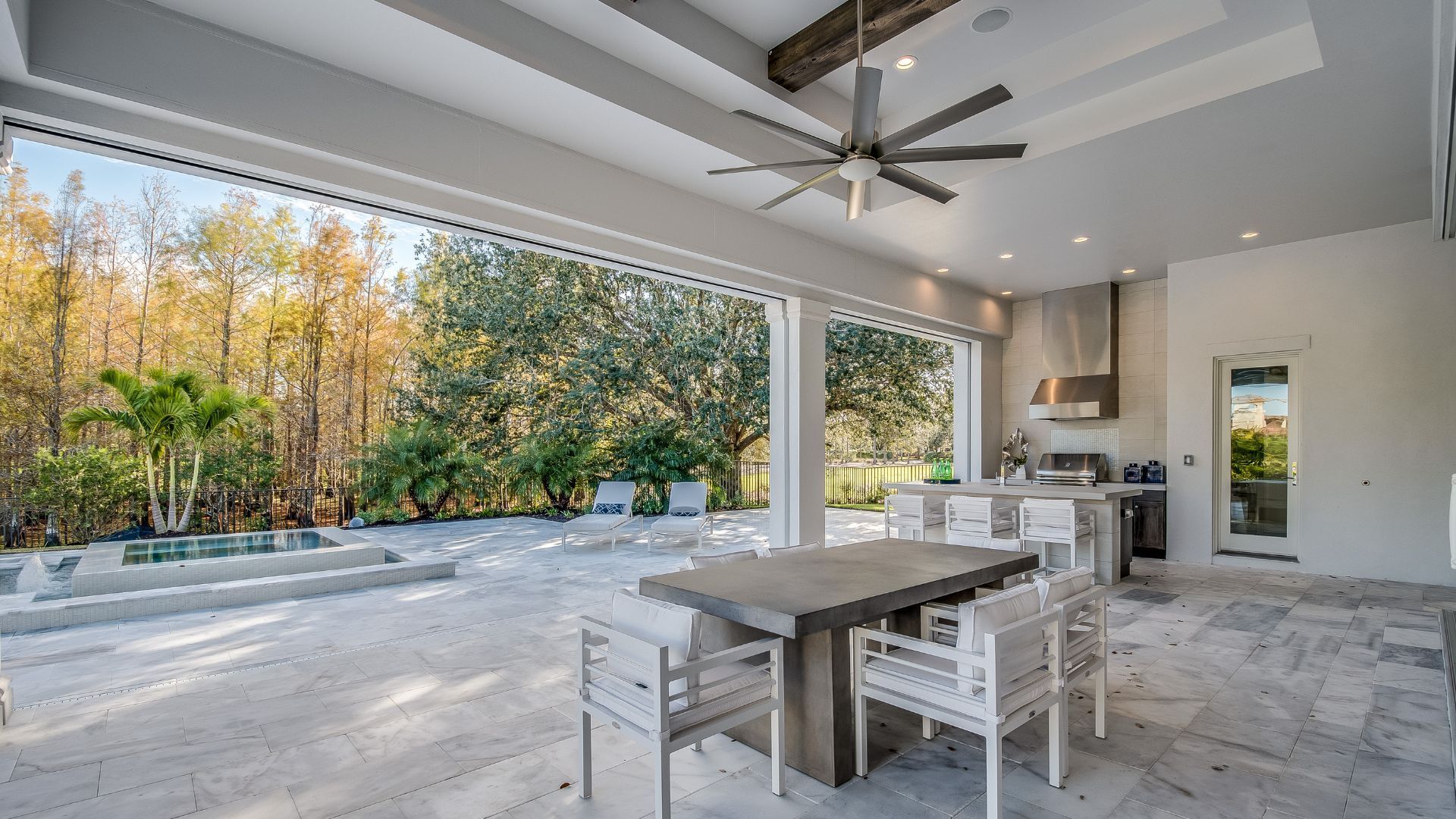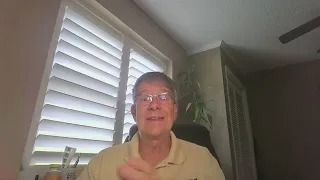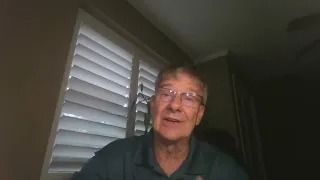Are you married, and yes or no questions on the loan application.
Let's talk about the 1003 residential loan application, how to answer, and what will save you money.
All mortgage lenders need you to fill out a 1003 residential loan application, but they don't explain it to you. Well, let us explain the 1003 and help you out.
Better yet, give us a call before starting and we can save you some time and money, (727) 784-5555 .
Are You Married? The 1st Question That Loan Applicants Struggle With.
When completing the residential loan application, one of the questions I come
across all the time is are you married, unmarried, widowed, or divorced. This might seem like a simple question, but often people who are getting divorced mark the box as divorced, or if they have been with a significant other for decades they mark the box as married.
What matters is what the government knows. Is there a marriage license? A death certificate? Divorce papers?
You have to realize you have to answer the questions truthfully. If you are married and you don't complete the application correctly, the lender will find out through during the titling process. The lender is going to find out through pro
logic.
In Florida when you're buying a primary or a secondary home you have to have your significant other, your married spouse, sign.
Why do they have to sign they don't have to be on the title, and they don't have
to be on the note? Why do they have to sign on the mortgage?
No, they're not on the debt instrument. They're not on the mortgage. They're not apart of the note. But, by signing, they are waiving their homestead rights.
When you have a married couple both cannot have homestead, so it's really important that both parties sign.
Just remember when you're buying a private residence or a secondary home, you need to get your spouse's signature again. They do not have to be
on the title, they do not have to be on the note, but they have to sign the CD
and they have to sign the mortgage.
Have You Ever Had A Bankruptcy? The 2nd Question That Loan Applicants Struggle With.
Have you had a bankruptcy in the last seven years, have you had property foreclosed upon, are you a party to a lawsuit?
This is a simple yes or no question you must answer truthfully.
Other questions people don't like to answer are about federal debt, paid child support, alimony, and co-signing. You have to answer those questions truthfully.
We're gonna find out during underwriting and we need to know now because it may not show on the credit report. You're thinking I think I'm okay, but when we do that ProLogic we're going to find out.
We always want to answer all the questions truthfully so that we can have a smooth sailing and get to the closing table.
Start Your Loan
with DDA todayYour local Mortgage Broker
Check out our other helpful videos to learn more about credit and residential mortgages.





